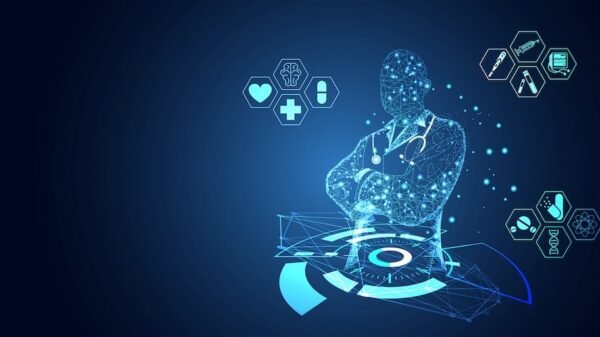The Importance of Programming in Data Science and Analytics
Data science and analytics have become integral parts of decision-making processes in various industries. The ability to extract insights from large and complex datasets is crucial for businesses to gain a competitive advantage. While programming is not the only skill required in the field of data science, it plays a significant role in the entire data analysis pipeline.
1. Data Collection and Cleaning
Before any analysis can take place, data scientists need to collect and clean the data. This involves retrieving data from various sources, such as databases or APIs, and ensuring its quality and integrity. Programming languages like Python and R provide powerful libraries and tools for data collection and cleaning, making the process more efficient and less error-prone.
2. Data Exploration and Visualization
Once the data is clean, data scientists need to explore and visualize it to gain insights and identify patterns. Programming allows for efficient data manipulation and exploration. Python’s libraries, such as Pandas and NumPy, provide a wide range of functions for data analysis, while R’s ggplot2 package offers powerful visualization capabilities. These programming languages enable data scientists to visualize complex datasets in a meaningful way, aiding in the understanding of the underlying patterns and relationships.
3. Machine Learning and Statistical Analysis
Programming is essential for implementing machine learning algorithms and conducting statistical analysis. Python and R are widely used for building predictive models and performing statistical tests. These languages provide extensive libraries, such as scikit-learn in Python and caret in R, that offer pre-implemented algorithms and tools for model training, evaluation, and interpretation. Programming skills enable data scientists to leverage these libraries and customize algorithms to suit specific analytical needs.
4. Automation and Scalability
Data science projects often involve working with large datasets and complex workflows. Programming allows data scientists to automate repetitive tasks and scale their analyses. By writing scripts and utilizing frameworks like Apache Spark, data scientists can process and analyze massive amounts of data efficiently. Programming also enables the integration of data science workflows into production environments, making it easier to deploy models and generate insights in real-time.
5. Collaboration and Reproducibility
Collaboration is an essential aspect of data science and analytics projects. Programming languages provide a common platform for collaboration by allowing data scientists to share code, documentation, and workflows. With version control systems like Git, teams can work together on the same project, ensuring reproducibility and transparency in the analysis process. Programming also enables the creation of interactive notebooks, such as Jupyter notebooks, which combine code, visualizations, and explanations in a single document, making it easier to share and reproduce analyses.
Conclusion
Programming plays a crucial role in data science and analytics. It facilitates data collection, cleaning, exploration, visualization, machine learning, automation, scalability, collaboration, and reproducibility. Python and R are two popular programming languages used extensively in the field, offering powerful libraries and tools for data analysis. By mastering programming skills, data scientists can enhance their ability to extract valuable insights from data and contribute to informed decision-making processes.



































